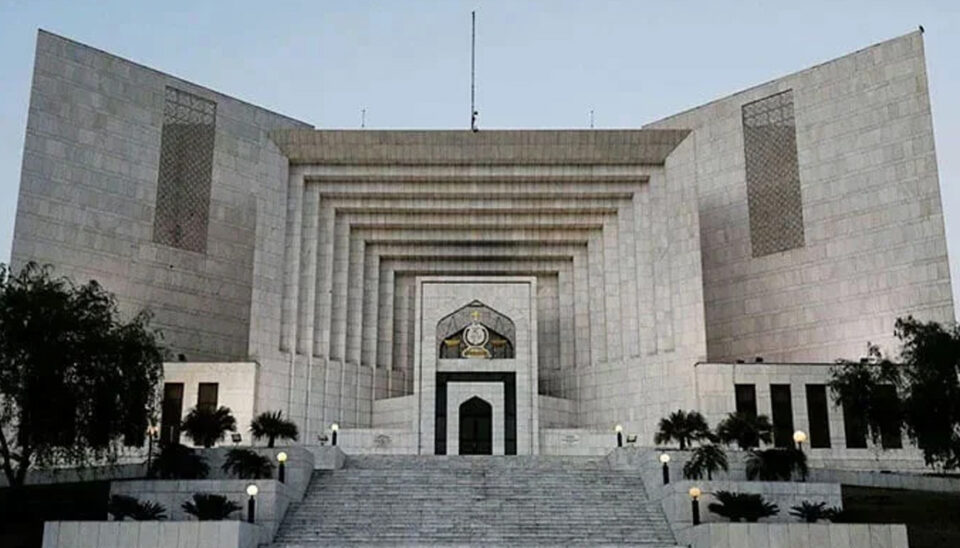The Supreme Court of Pakistan has issued a detailed judgment, overturning a 2022 verdict on the interpretation of Article 63(A) of the Constitution, which had previously barred lawmakers from voting against their party’s directives in parliament.
On October 3, a five-member larger bench, led by Chief Justice Qazi Faez Isa, set aside the earlier majority decision, declaring it contrary to the Constitution and inconsistent with previous rulings by larger benches of the apex court.
The bench, which included Justices Aminuddin Khan, Jamal Khan Mandokhel, Naeem Akhtar Afghan, and Mazhar Alam Khan Miankhel, unanimously accepted the Supreme Court Bar Association’s (SCBA) review petition. The petition argued that dissident lawmakers should only be de-seated, but their votes should still be counted as per the Constitution.
In a detailed 23-page judgment authored by Chief Justice Isa, the court held that the 2022 majority decision opened the door for party leaders to act as unchallenged dictators, which contradicts democratic principles. The judgment also noted that the reference submitted by President Dr. Arif Alvi in 2022, seeking the court’s opinion on Article 63(A), did not follow proper constitutional procedures and lacked the necessary approval from the Cabinet or Prime Minister.
The court emphasized that the Constitution does not permit a member’s vote to be disregarded simply for voting against party directions, and that such an interpretation undermines key constitutional provisions related to votes of confidence and no-confidence motions.
The judgment concluded that the 2022 verdict had misinterpreted the Constitution’s language and intent, leading to undemocratic outcomes.
Ultimately, the court overturned the previous decision, maintaining that a lawmaker who votes contrary to party directives should not automatically lose their seat, and that their vote must be counted. This ruling restores a balance between party discipline and individual parliamentary rights.

